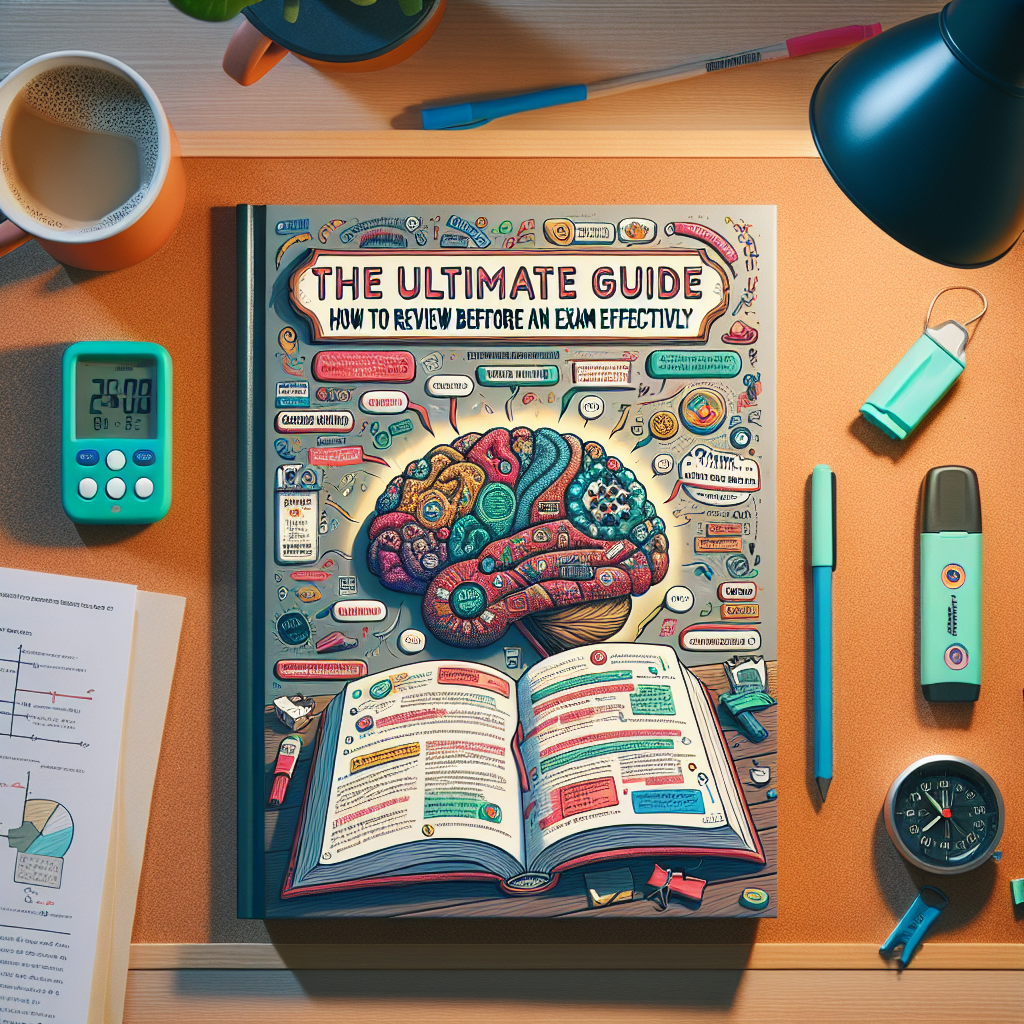Introduction
Are you searching for effective study hacks strategies to enhance your learning, retain more information, and ace your exams? Whether you’re a high school student, college learner, or life-long education enthusiast, mastering the art of studying can make all the difference. In this comprehensive guide, we’ll dive deep into actionable techniques, proven learning methods, productivity tips, and memory-boosting tricks to help you reach your academic goals. Let’s uncover the secrets successful students use to maximize their results!
Why Strategic Studying Matters
Studying isn’t just about spending countless hours with your textbooks. It’s about studying smarter, not harder. With the right study hacks strategies, you can:
- Reduce stress and test anxiety
- Improve retention and recall
- Enhance focus and concentration
- Achieve higher grades with less effort
By integrating productivity hacks, learning science, and effective revision methods, you’ll be set for academic success.
Planning Your Study Sessions: The Foundation of Academic Success
A well-structured plan is the backbone of productive studying. Here are some powerful planning tips:
- Set Clear Goals: Define what you want to achieve in each session, such as mastering a chapter or completing practice problems.
- Break It Down: Divide big tasks into manageable chunks to avoid overwhelm and procrastination.
- Use a Study Schedule: Allocate specific blocks of time for studying and breaks to build consistency. Tools like planners or digital apps can help.
- Prioritize Difficult Subjects: Tackle challenging topics when your mind is freshest, typically earlier in the day.
Active Learning Techniques: Make Your Study Sessions Count
Passive reading isn’t enough. To truly master material, active engagement is essential. Try these evidence-based strategies:
- Retrieval Practice: Regularly quiz yourself on key concepts, using flashcards or self-made tests. This improves long-term memory.
- Spaced Repetition: Review information at increasing intervals to reinforce learning and prevent forgetting.
- Elaborative Interrogation: Ask “why” and “how” questions about the material to deepen understanding.
- Interleaving: Mix different topics or subjects within a study session. This increases versatility and problem-solving skills.
- Mind Mapping: Visualize connections between ideas with diagrams and concept maps.
- The Feynman Technique: Teach the concept to someone else (or to yourself) in simple terms to identify gaps in your knowledge.
Memory-Boosting Hacks for Students
Remembering vast amounts of material can be daunting. Employ these memory tricks:
- Mnemonics: Create acronyms, rhymes, or associations to remember lists and facts.
- Visualization: Picture vivid images in your mind that relate to the information.
- Chunking: Group related information into chunks to make it easier to recall (e.g., splitting phone numbers).
- Storytelling: Weave facts into a story for better retention.
Pro Tip: Recite new information out loud and write it down by hand—this double encoding strengthens memory traces!
Time Management for Students: Master Your Minutes
Poor time management is a common barrier to effective study. Here’s how to overcome it:
- The Pomodoro Technique: Study for 25 minutes, then take a 5-minute break. Repeat and rest longer after four cycles.
- Avoid Multitasking: Focus on one task at a time to boost productivity and comprehension.
- Set Deadlines: Even for self-paced assignments, set your own deadlines for accountability.
- Use To-Do Lists: Prioritize tasks daily and check them off for a sense of accomplishment.
Optimizing Your Study Environment
Your surroundings play a huge role in your ability to concentrate. Consider these tips:
- Choose a quiet, distraction-free space with good lighting
- Keep your study area tidy and organized
- Use noise-canceling headphones or background music if needed
- Have all your supplies (pens, notebooks, water) within reach
Bonus: Try changing your study location occasionally—studies show this can improve information recall!
Self-Care and Staying Motivated
Academic success is about balance. Don’t neglect your well-being:
- Sleep: Aim for 7-9 hours per night to consolidate memory and stay alert.
- Nutrition: Eat brain-boosting foods rich in omega-3, antioxidants, and protein.
- Exercise: Regular physical activity improves cognitive performance and reduces stress.
- Stay Positive: Celebrate small wins and don’t be too hard on yourself after setbacks.
Motivation fluctuates—build habits that keep you going even on tough days!
Conclusion: Your Pathway to Academic Excellence
With these study hacks strategies and evidence-based learning techniques, you’re equipped to transform your study habits and achieve outstanding results. Remember, experimentation is key: try different methods, track what works best for you, and adapt as needed. Consistency, resilience, and self-belief will always be your greatest assets on the journey to academic success. Happy studying!

